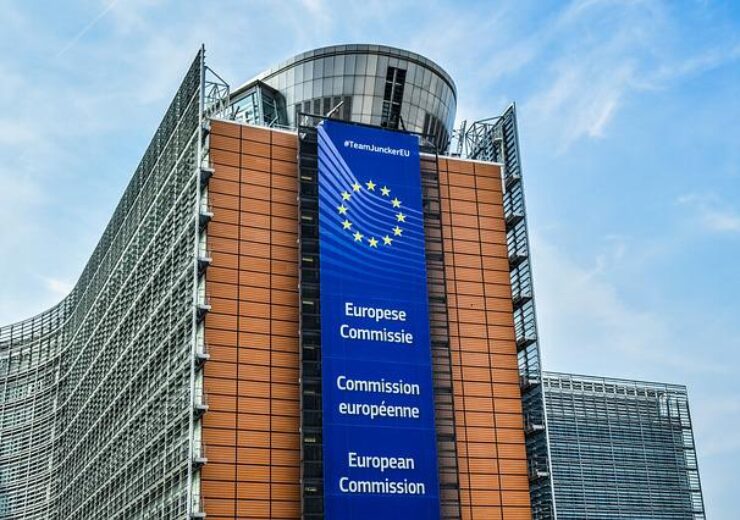Once the new act comes into force, internet users and their fundamental rights are expected to get improved protection, while a single set of rules will be defined in the internal market to help smaller platforms scale up

The European Commission is expected to enforce the DSA in 2024. (Credit: Dimitris Vetsikas from Pixabay)
The European Commission (EC) has secured a deal for its proposed Digital Services Act (DSA) following a political agreement reached between the European Parliament and the member states of the European Union (EU).
Proposed in December 2020, the new act is aimed at bringing in rules for Google, Meta and other online platforms to follow for ensuring a safe and accountable online environment.
According to the EC, the DSA introduces a new standard for the accountability of online platforms concerning illegal and harmful content.
Under the DSA, all digital services that connect consumers to content, goods, or services will be bound to EU-wide obligations. These include new procedures for quicker removal of illegal content.
Once the act is in place, internet users and their fundamental rights are expected to get better protection. It also enables a single set of rules to be defined in the internal market to help smaller platforms to scale up.
European Commission President Ursula von der Leyen said: “The DSA will upgrade the ground-rules for all online services in the EU. It will ensure that the online environment remains a safe space, safeguarding freedom of expression and opportunities for digital businesses.
“It gives practical effect to the principle that what is illegal offline, should be illegal online. The greater the size, the greater the responsibilities of online platforms. Today’s agreement – complementing the political agreement on the Digital Markets Act last month – sends a strong signal: to all Europeans, to all EU businesses, and to our international counterparts.”
The EC said that the political agreement between the European Parliament and the Council is now subject to the receipt of formal approval from the two co-legislators. After being adopted, the DSA will be applicable directly across the EU and will apply 15 months or from 1 January 2024, whichever comes later, after coming into force.
EC Europe Fit for the Digital Age Executive Vice-President Margrethe Vestager said: “Platforms should be transparent about their content moderation decisions, prevent dangerous disinformation from going viral and avoid unsafe products being offered on market places.
“With today’s agreement we ensure that platforms are held accountable for the risks their services can pose to society and citizens.”
Various online intermediary services will come under the scope of the DSA. Their obligations under the new act will be based on their role, size, as well as effect on the online ecosystem.
For instance, very large online search engines with over 10% of the 450 million consumers in the EU, will have more responsibility in the restriction of illegal content online.
The EC said that for the very large online platforms and very large online search engines the DSA will be applicable from an earlier date, which will be four months after their designation.


